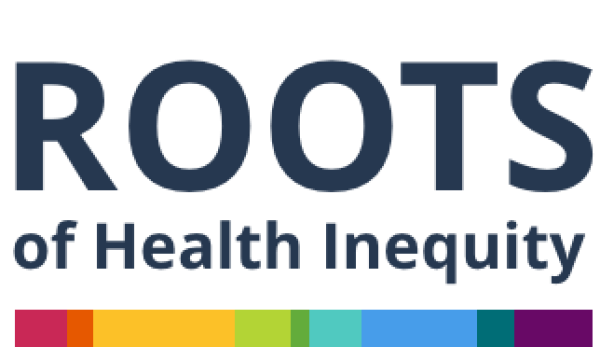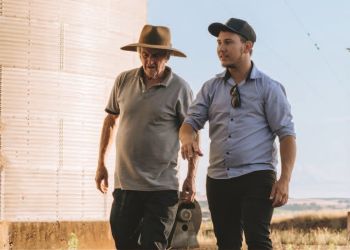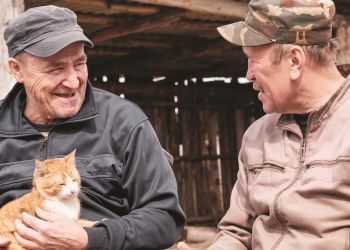Building strong public health systems and infrastructure has been a core mission of public health. However, health inequities have long cast a shadow upon communities across the United States, shaping the health outcomes of millions, especially our most marginalized. These inequities, rooted in a tangled web of social, economic, and political structures, demand more than transactional approaches to dismantle them. They require a collective excavation into the soil where they take root. This July, the Health Equity & Social Justice team at NACCHO is proud to unveil a revamped version of its signature guide to exploring what generates health inequity, and how we can more effectively tackle root causes, the Roots of Health Inequity Online Course.
The Roots of Health Inequity course, originally launched in 2011, has long served as a beacon, illuminating the complex tapestry of systems, structures and deeply engrained histories that weave the fabric of inequitable health outcomes. But the fight for health equity doesn’t stand still. We’ve updated the Roots of Health Inequity course to meet the moment.
What’s new? Building off the original version, the revised course adds new content and features to facilitate the learning experience, empowering current and future health professionals to take action to dismantle deeply entrenched inequities.
Here’s what you can expect:
- Deeper Dive: Our revised course series delves deeper into the root causes of health inequities with 4 all-new courses, examining a range of topics, including why a root cause approach is crucial to eradicating health inequity, how to leverage power in public health, how to build power with communities, and improve equity within our organizations. Other courses have also been updated with new content, adding novel frameworks, definitions, and stories from communities all over the United States, including Indigenous, immigrant, and rural populations.
- New Voices: The course features interviews with a diverse array of expert researchers, community organizers, and practitioners, centering their experiences of engaging community members to build power, advance social justice, and transform narratives for health equity.
- Interactive Learning: Roots of Health Inequity embraces a new user interface for a dynamic learning environment, featuring immersive case studies with historical and contemporary examples, interactive exercises, and discussion prompts for facilitated dialogue to spark critical thinking and ignite collaborative strategizing. The platform also adds AI functionality to help users navigate the course and tailor their learning experience.
- Building Community: Roots of Health Inequity allows users to form learning groups to navigate the course together, sharing experiences, exchanging best practices, and drawing strength from one another. The new Roots of Health Inequity Facilitation Guide also provides guidance on how to develop group agreements, tailor discussions about course topics to your group’s needs, and facilitate dialogues about social justice and injustice. Throughout the course, the platform captures and shares responses to discussion prompts anonymously, allowing users to share their own experiences engaging with content and view the thoughts of other users.
Look out for the full launch of the revamped Roots of Health Inequity course at NACCHO360 in July. For questions, please email [email protected]. Together, we can plant the seeds of change and watch them blossom into a healthier, more just society.
Funding for the revision of this course was supported by the Centers for Disease Control and Prevention (CDC) under award 6 NU38OT000306-04-02 entitled National Initiative to Address COVID-19 Health Disparities Among Populations at High-Risk and Underserved, Including Racial and Ethnic Minority Populations and Rural Communities.









